
The Sport of Dog Agility
Most breeds of dogs take to agility as long as positive reinforcement based training is used
Read more
Buying Bunnies, Does and Donts
By providing proper housing, a balanced diet, mental and physical stimulation, and preventive veterinary care, you can help ensure that your rabbits live happy and healthy lives.
Read more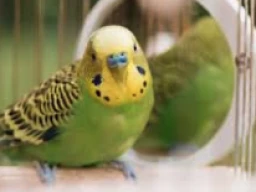
INDOOR BIRDS
Purchasing the correct indoor bird cages & aviaries along with the appropriate toys and food will help to ensure that your pet bird becomes a family member
Read more
What to feed your kitten and why
Feeding your kittens a well-balanced and appropriate diet is crucial for their growth and development.
Read more
Puppy Training and Socialization
Remember puppy treats and dog treats should always be carried with you to reward your puppy when he behaves correctly.
Read more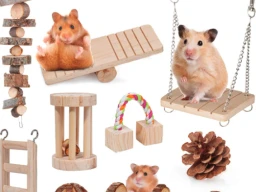
Treats and Activities for my Guinea Pig
Guinea pigs enjoy a variety of treats, but it's important to remember that treats should be given in moderation and as part of a balanced diet.
Read more
Transporting a cat
Cats often find travel stressful, so it's important to minimise their discomfort as much as possible.
Read more
Puppy Trainers vs. Behaviourists
The root cause of the separation anxiety would then need to be studied by a behaviourist
Read more
What are the best treats for cats?
Cats, like humans, appreciate variety. Offer a mix of treats to keep things interesting for your cat.
Read more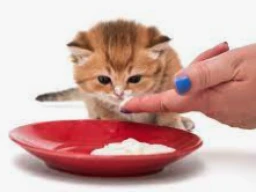
Weaning Cats off Milk, Substitutes, Timing, and Considerations
Successfully weaning kittens off milk involves gradual introduction of suitable substitutes such as kitten formula and wet kitten food, starting around 4-6 weeks of age.
Read more
REPTILE CAGES
The materials that you use for the flooring of your cage should be disposable and inexpensive.
Read more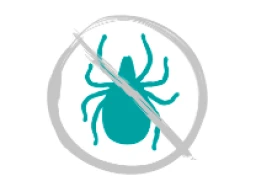
Treating our pets for ticks, fleas and worms
The best medication for your pet will depend on their specific needs and health condition, so it's important to consult with your veterinarian to determine the best option for your pet.
Read more
Delightful Delicacies: A Guide to Puppy Treats and Milk
Opt for treats that are small in size and easy to chew, especially for younger puppies with developing teeth and jaws.
Read more
What age is appropriate to own a Guinea Pig
Guinea pigs can make excellent pets for people of all ages, but they are particularly well-suited for families with children.
Read more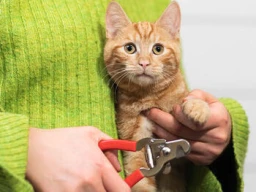
Grooming for Kittens ?
It's essential to introduce grooming activities gradually and make them positive experiences for your kitten.
Read more
